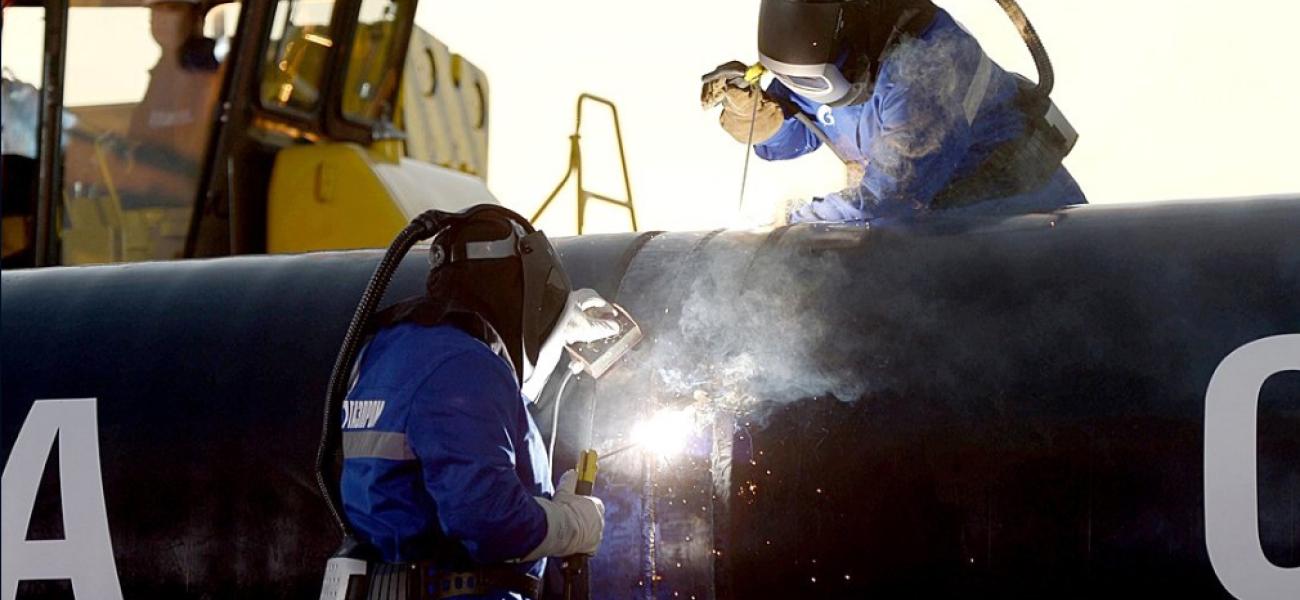
The Sino-Russian Gas Partnership: Explaining the 2014 Breakthrough
This paper was originally published by the Belfer Center for Science and International Affairs at Harvard's Kennedy School.
Abstract
The clinching on May 21, 2014 of the long-anticipated Sino-Russian deal in the wake of Russia’s souring relations with the West over Ukraine has prompted a flurry of speculation on the deal’s implications, not only for global energy markets but also for geopolitical security among the big powers in the rapidly changing world order. In Moscow, officials insist that the deal with China is only part of a more overarching “pivot to Asia.” In fact, in 2013, Russia sent more than 30% of its oil exports—more than 1.2 million barrels a day, the most ever—to Asia. But almost half of that energy is heading to one place in Asia: China, the big winner of the deal. Russia’s heightened tensions with Europe have created incredibly favorable conditions for Chinese energy diplomacy. As Moscow’s relations with the West deteriorate, Putin seeks to show the world and the Russian people that he has alternative friends to the East. Be that as it may, the incentives leading to the mega deal were in place much earlier. This paper proposes a framework for assessing the deal along three dimensions: 1) gas trade and energy security implications; 2) regional- and global policy-related implications; and 3) prospects for the future.
Evaluating the deal along all three dimensions, I conclude that Russia and China will continue to move toward greater energy trade integration. Finally, I propose to examine five special conditions under which this trajectory could abruptly change. But in the absence of such radical changes, a reasonable deduction about the China-Russia energy relationship in the near-term future is that it will consist of broadened mutual trade. Indeed, despite all the talk of an emerging Sino-Russian grand political alliance, the only thing we can be confident of is a growing economic and energy relationship.
Morena Skalamera
Morena Skalamera is an associate in the Geopolitics of Energy Project at the Belfer Center for Science and International Affairs Harvard's Kennedy School.
Photo credit: photo by kremlin.ru shared under a Creative Commons (BY 4.0) license
